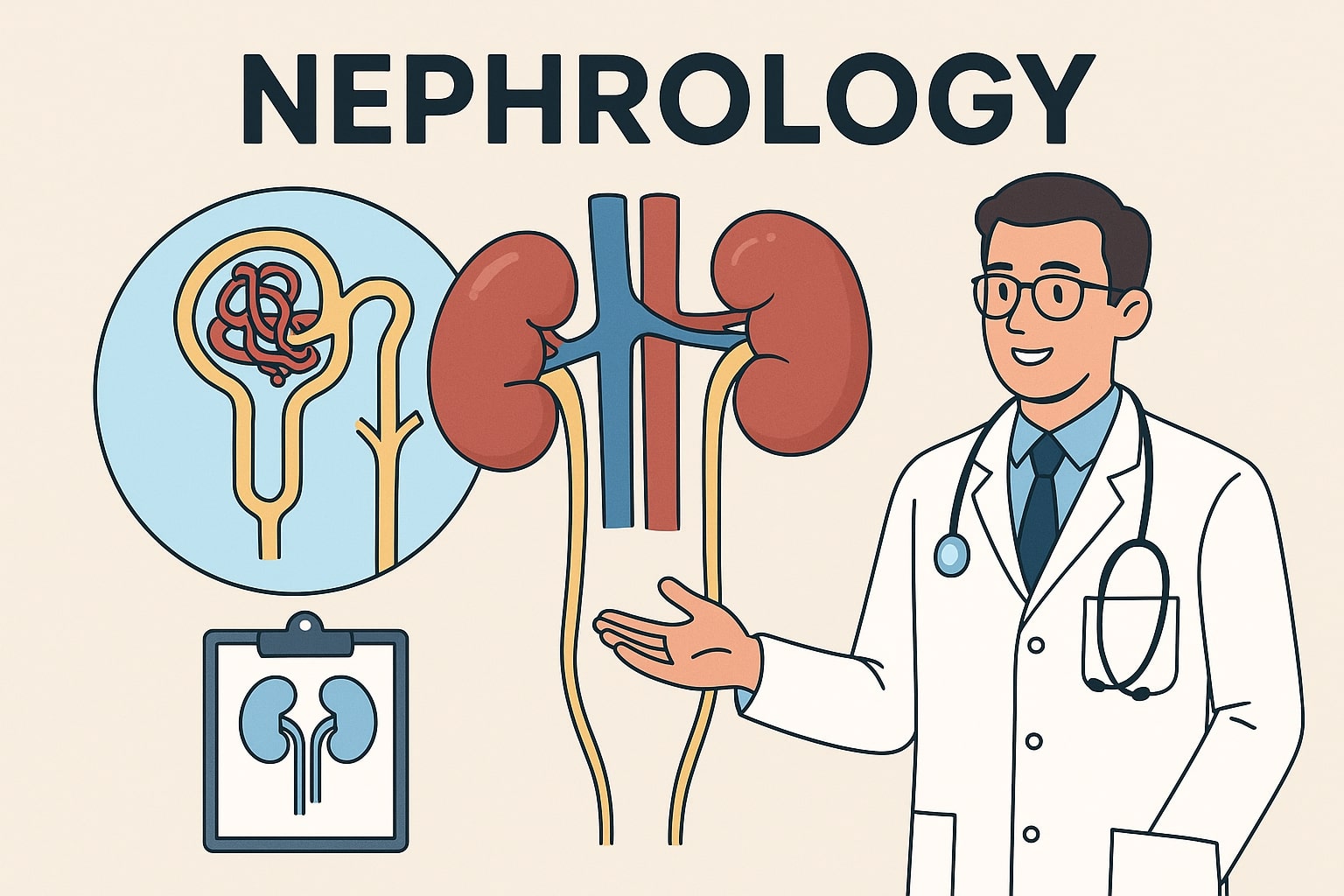
What is Nephrology?
Nephrology is a specialized branch of internal medicine that focuses on the study, diagnosis, and treatment of kidney-related conditions. The word nephrology comes from the Greek word “nephros,” meaning kidney and “logia,” meaning the study of. Kidneys play a vital role in maintaining overall health, and nephrology helps ensure they function properly.
Why Are Kidneys So Important?
Kidneys are two bean-shaped organs located on either side of the spine. Despite their small size, they are powerful organs that:
Filter waste and excess fluid from the blood
Maintain fluid and electrolyte balance
Regulate blood pressure
Produce hormones that help with red blood cell production and bone health
Without healthy kidneys, the body cannot effectively remove toxins, leading to serious health problems.
What Do Nephrologists Do?
A nephrologist is a doctor who specializes in kidney care. Their expertise covers a wide range of kidney conditions, such as:
Chronic Kidney Disease (CKD)
Acute Kidney Injury (AKI)
Kidney stones
Hypertension (high blood pressure) is related to kidney health
Glomerulonephritis (inflammation of the kidney filters)
Polycystic Kidney Disease (PKD)
End-stage renal disease requiring dialysis or a kidney transplant
Nephrologists not only treat diseases but also help patients manage risk factors like diabetes and hypertension that can damage the kidneys.
Treatments in Nephrology
Treatment depends on the severity of kidney problems. Some common approaches include:
Lifestyle and dietary changes – Reducing salt intake, controlling blood sugar, and staying hydrated.
Medications – To control blood pressure, balance electrolytes, and manage symptoms.
Dialysis – A life-saving procedure where a machine filters blood when the kidneys fail.
Kidney Transplant – For patients with end-stage kidney failure.
Importance of Early Detection
Kidney diseases often progress silently without early symptoms. Regular checkups, blood tests (such as serum creatinine), and urine tests can help in early detection. Identifying kidney problems early allows for better management and prevents serious complications.
Conclusion
Nephrology is not just about treating kidney failure—it’s about protecting one of the most vital organs in our body. With increasing cases of diabetes, hypertension, and lifestyle-related health issues, kidney care is more important than ever. Taking preventive measures, adopting a healthy lifestyle, and consulting a nephrologist when needed can go a long way in maintaining kidney health.
Be the first to add your comment

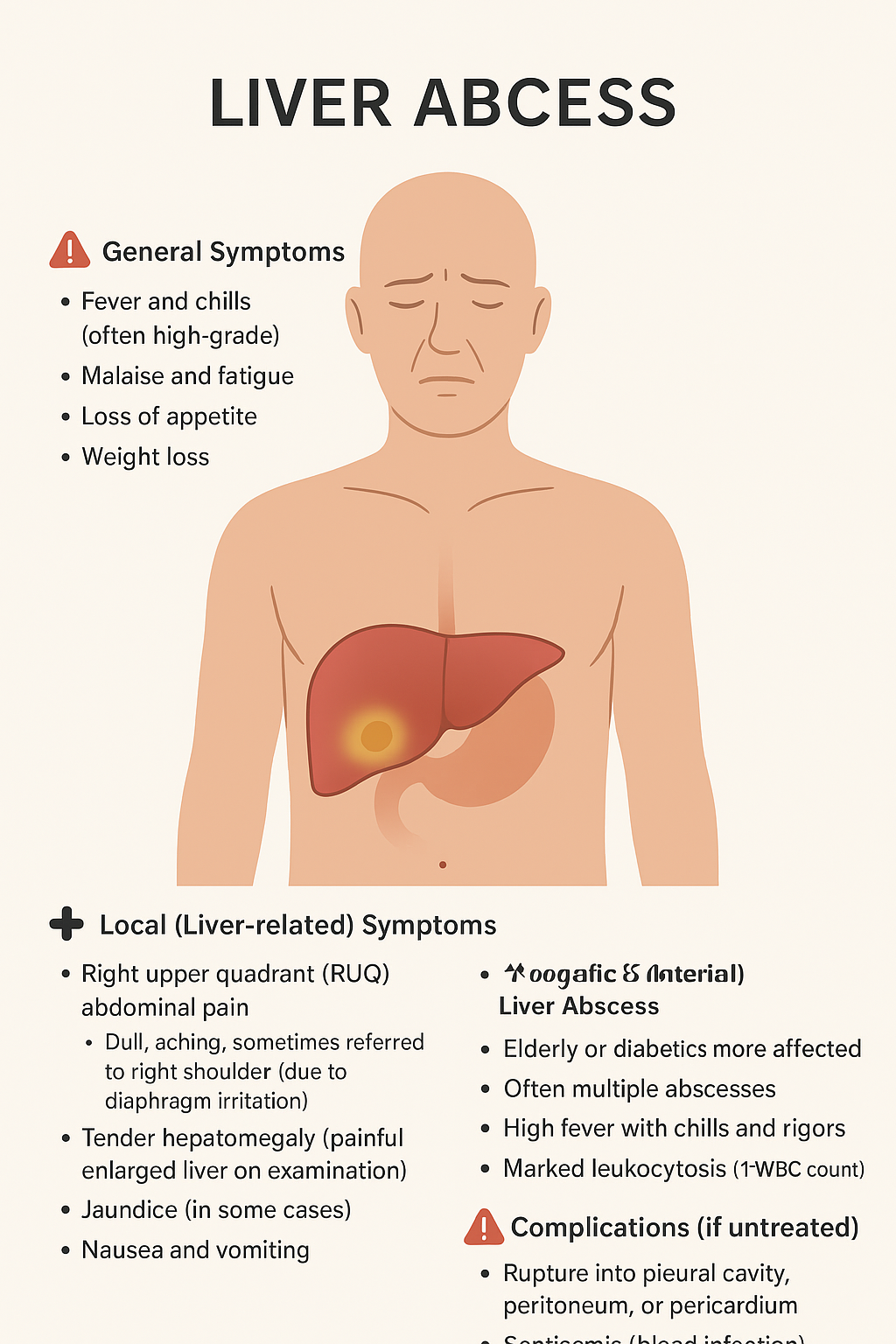
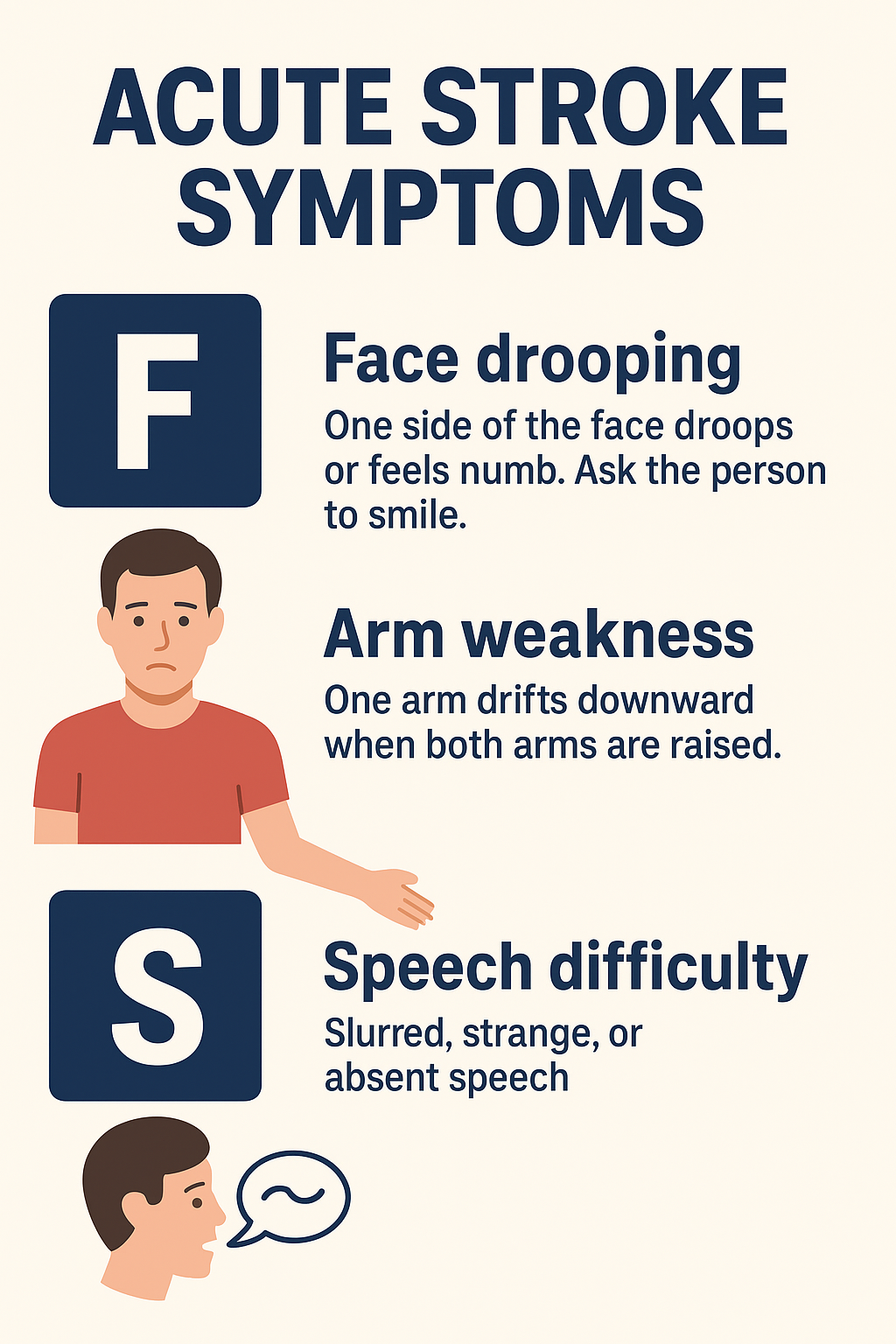
![Acute gastroenteritis [AGE] Acute gastroenteritis [AGE]](https://www.spiralshealth.com/public/images/blog/1761888601_images_(1).jpg)
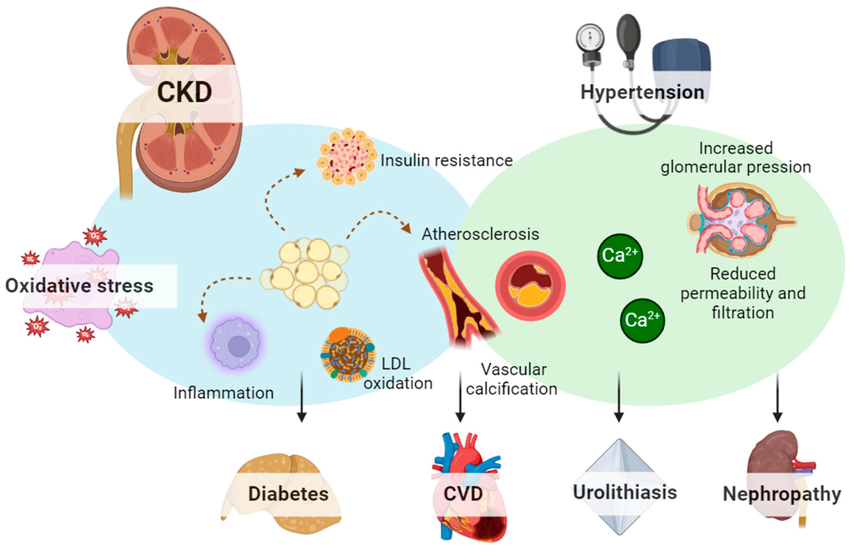

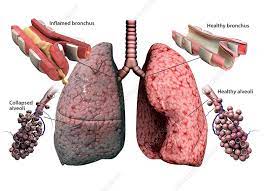
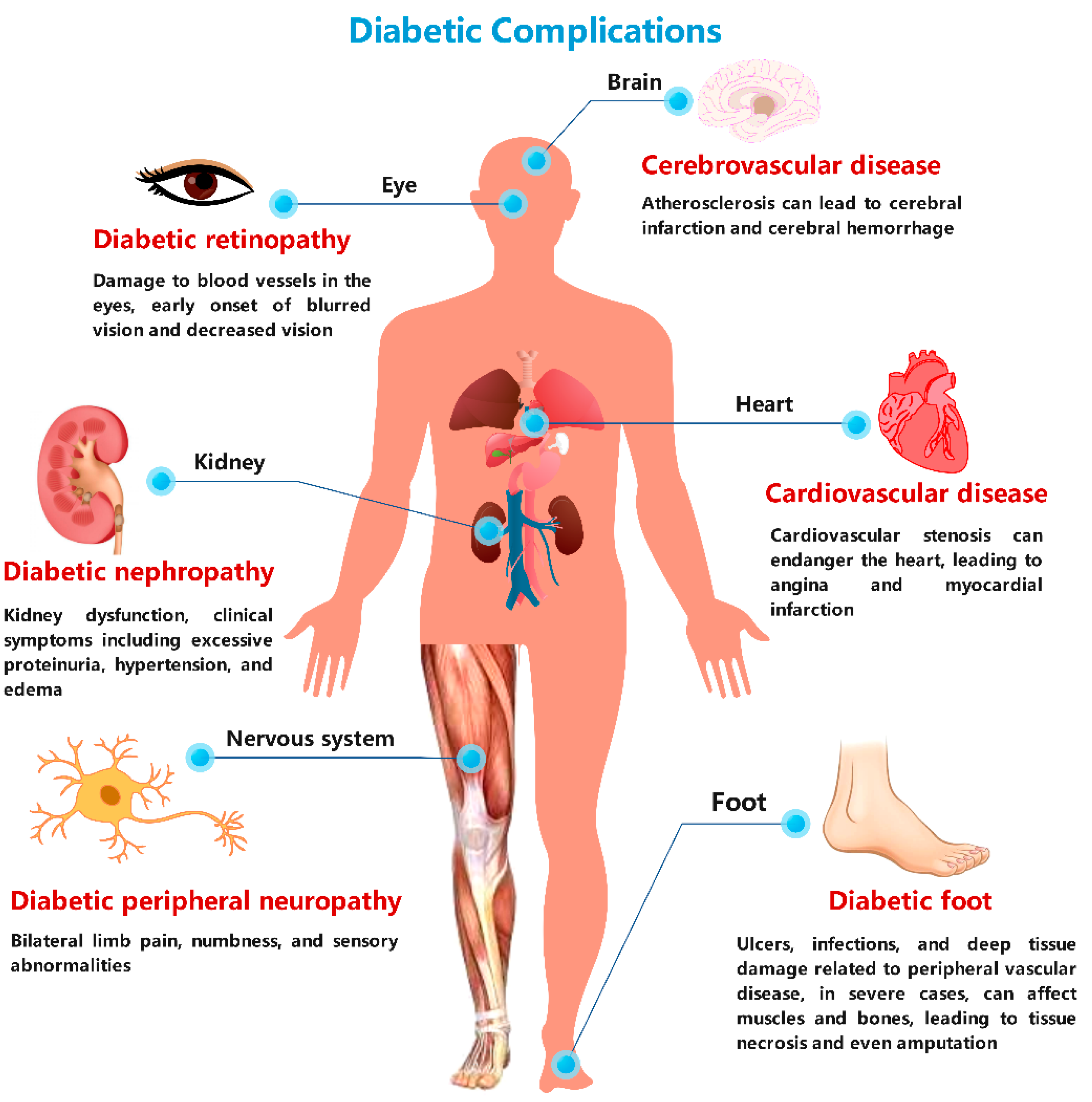
![HYPERTENSION [High Blood Pressure] HYPERTENSION [High Blood Pressure]](https://www.spiralshealth.com/public/images/blog/1761813352_bp.png)
